What Are Botanicals, and What Can They Do for Your Health?

Getty Images / Jo Imperio
Walk into a supplement store, and you're bound to see dozens of products with nature-inspired labels boasting ingredients called "botanicals."
But what are botanicals, really? Simply put, these substances consist of different parts of a plant, including the leaf, root, stem, and flower, are Mother Nature's pharmacy. They've been shown to help with everything from stomach issues to headaches and period cramps, plus they support the immune system and help fight stress.
"Botanicals contain hundreds of unique compounds that work via multiple pathways in the body," says Tieraona Low Dog, M.D., a co-author of National Geographic Guide to Medicinal Herbs (Buy It, $22, amazon.com). Many botanicals are also adaptogens, and they adapt to the body's changing, stressful conditions and give our natural stress-management mechanisms an assist, says Robin Foroutan, R.D.N., an integrative medicine dietitian in Garden City, New York.
To address a condition like one of those mentioned above, experts say it makes sense to look to natural remedies, which are mild and usually don't have side effects. (For problems that need more powerful, targeted treatment, a drug may be called for; consult with your doctor.) Here are five science-backed botanicals to consider. (Related: Why Botanicals Are Suddenly In All Your Skin-Care Products)
Available at Amazon
Ashwagandha Root
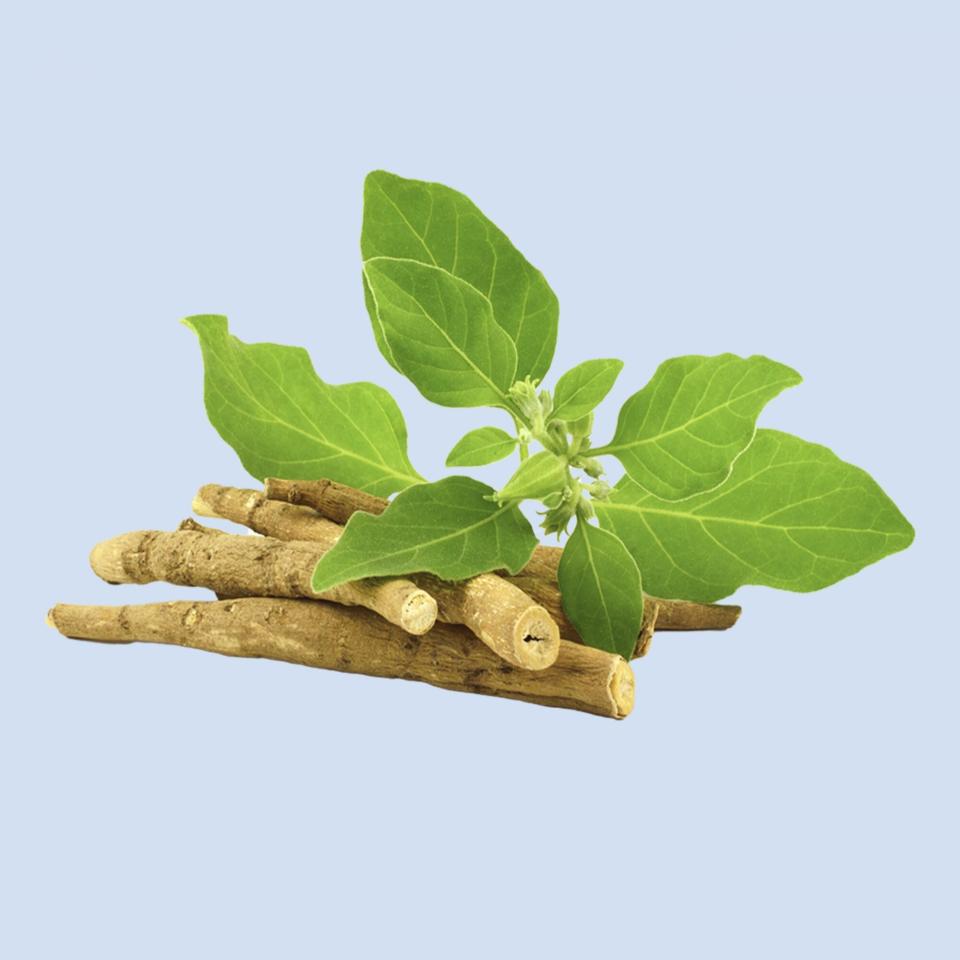
AdobeStock
Used for: Stress and sleep issues.
How the botanical works: "Cortisol should fall at end of the day and peak in early morning, but chronic stress can mess up that cycle," says Dr. Low Dog. Ashwagandha, when taken for several weeks, helps regulate cortisol.
Take the botanical as: A pill containing the standardized extract, or cook the dried ashwagandha root in a milk with vanilla and cardamom.
Ginger Root/Rhizome
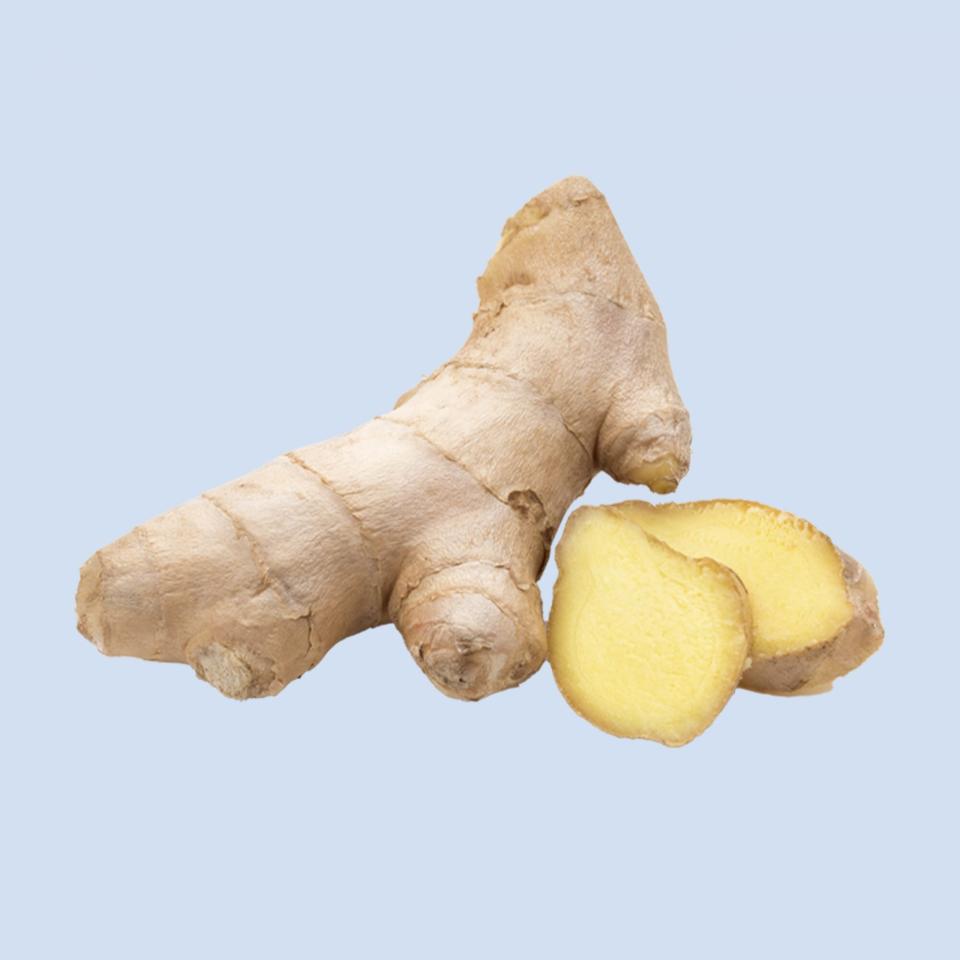
AdobeStock
Used for: Digestive issues, including irritable bowel syndrome, nausea, and reflux; easing the pain of migraine, menstrual cramps, and fibroids. (More here: The Health Benefits of Ginger)
How the botanical works: Ginger helps move food through the stomach. It also stimulates the pancreas to release lipase, which helps digest fat. It acts as an anti-inflammatory and inhibits prostaglandins, which are linked to period cramps. (Related: 15 Best Anti-Inflammatory Foods You Should Be Eating Regularly)
Caveat: Don't take with blood pressure-lowering drugs or antiplatelet meds.
Take the botanical as: A tea, capsules, or in candied form.
Lemon Balm Herb
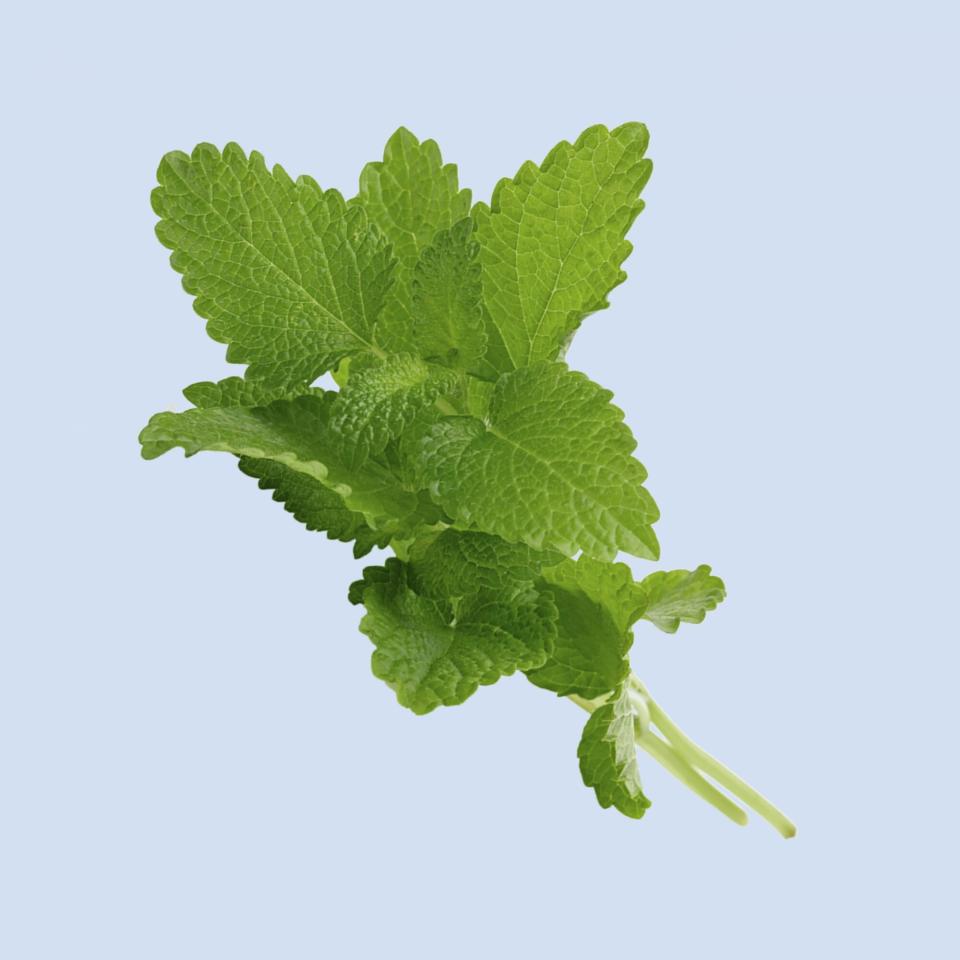
AdobeStock
Used for: Anxiety, stress, minor stomach problems.
How the botanical works: Researchers aren't exactly sure, but it's been shown to be a mood modulator and a calming agent, often working within an hour. It can also help you stay focused: Lemon balm can improve memory and the speed of doing math, according to research.
Caveat: Avoid it if you use thyroid drugs or sedatives.
Take the botanical as: A tea.
Andrographis Herb
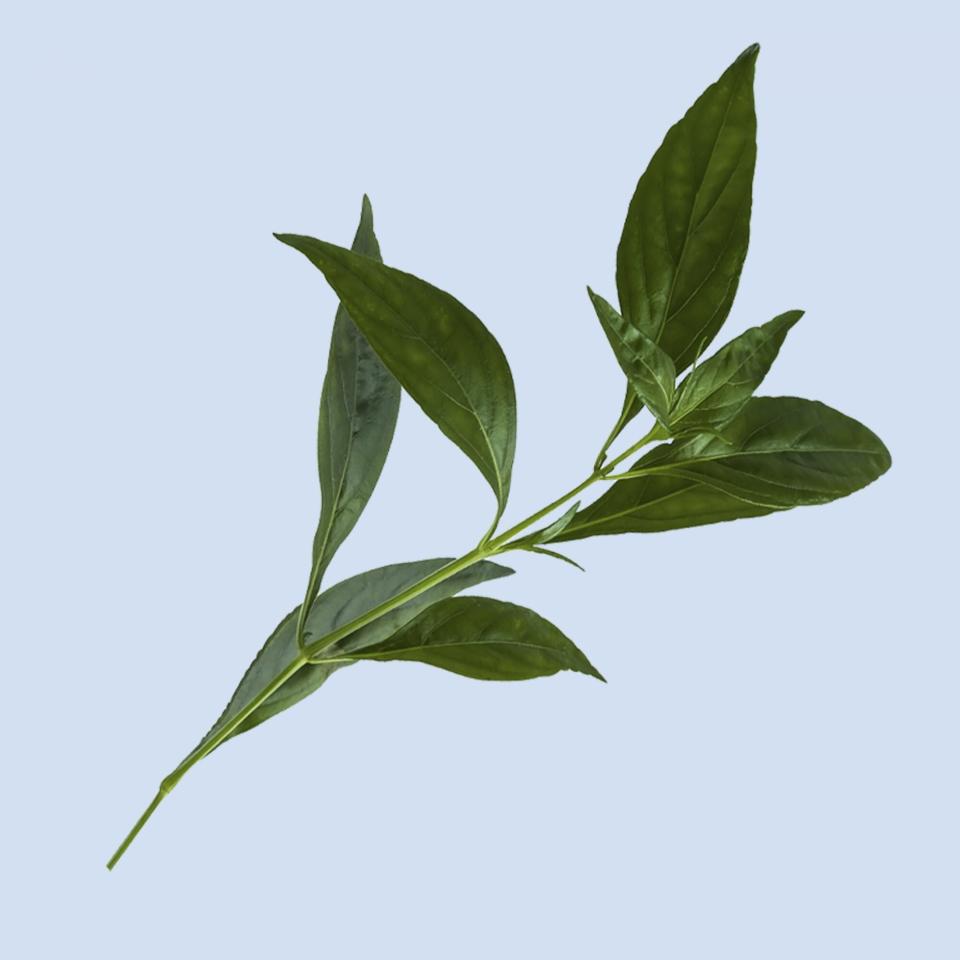
AdobeStock
Used for: Colds and flus. (BTW, here's how to tell which virus you're dealing with.)
How the botanical works: It has antimicrobial and anti-inflammatory properties that help support respiratory health, and it may stimulate the immune system.
Caveat: Those on antiplatelet or blood pressure-lowering drugs should avoid it.
Take the botanical as: Capsules or tea.
Elderberry
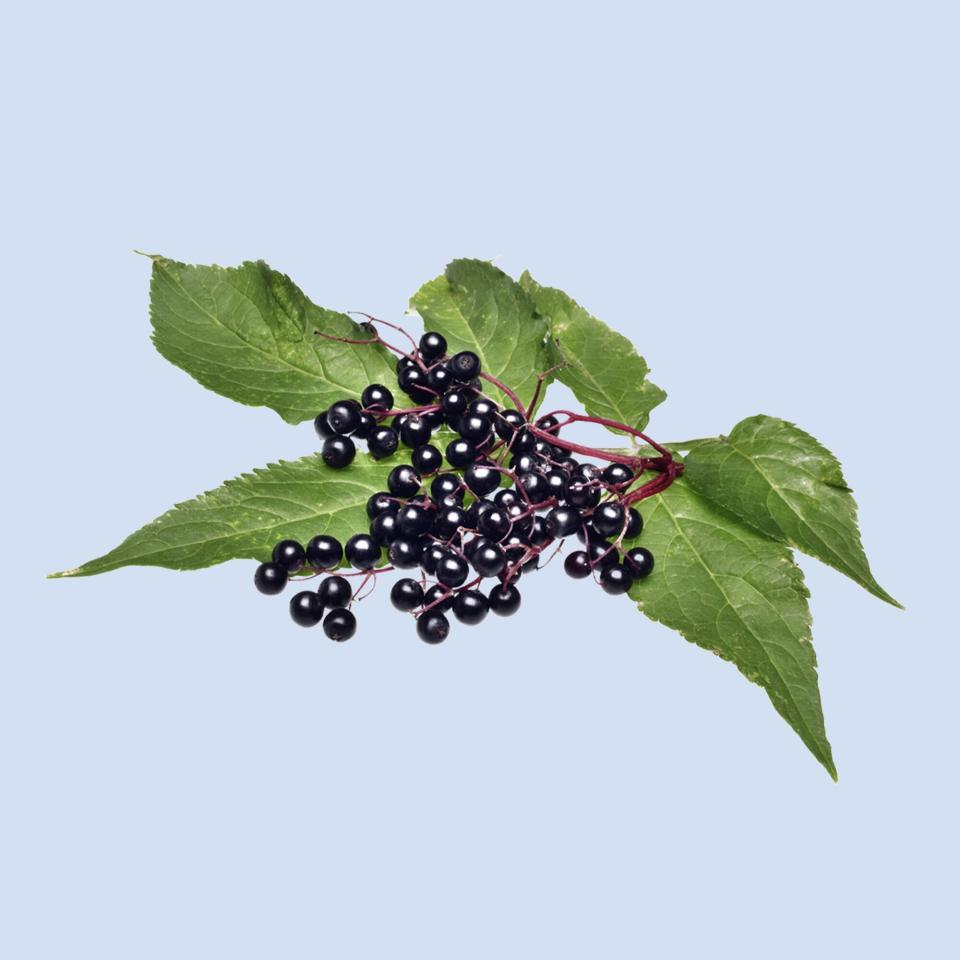
AdobeStock
Used for: To lessen the severity of flu and upper-respiratory viral infections; it may also help prevent infections.
How the botanical works: It's a powerful antiviral and antimicrobial that keeps viruses from entering and replicating in our cells and helps immune system cells communicate with one another. It may even halt bacteria growth, research finds.
Caveat: People taking immunosuppressant drugs should avoid elderberry.
Take the botanical as: A tea, a tincture, or a syrup that you add to drinks. (Related: 12 Foods to Boost Your Immune System This Flu Season)
How to Use Botanicals Safely
While botanicals can be very safe, many interact with drugs, particularly if the plant is targeting the same condition as the drug, says Ginger Hultin, R.D.N., a nutritionist in Seattle who specializes in integrative health. Always check with your health care provider before you take a supplement. (More here: How Dietary Supplements Can Interact with Your Prescription Drugs)
Because botanicals aren't regulated by the FDA, they vary widely in quality. When buying them, look for third-party certification, such as NSF International or USP, or check ConsumerLab.com, which tests supplements. Experts recommend these brands: Gaia Herbs, Herb Pharm, Mountain Rose Herbs, and Traditional Medicinals.

